Are Wolf Dogs Legal? Navigating the Laws in The United States
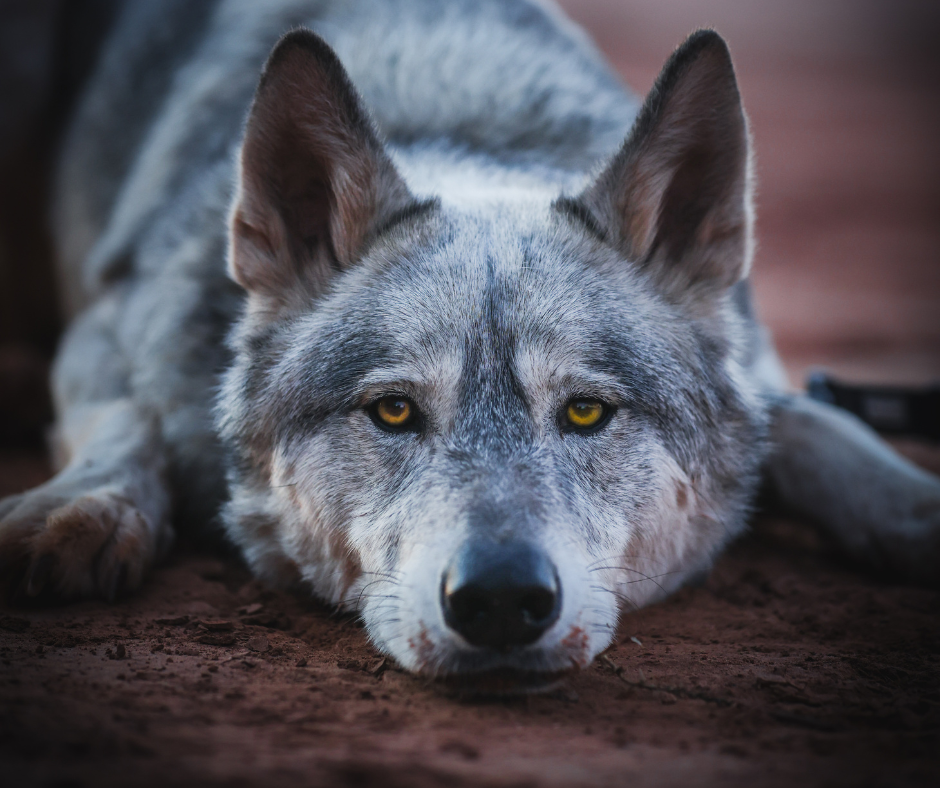
Table of Contents
ToggleNavigating the Complex Laws of Wolf Dog Ownership in the US
The legality of owning wolf dogs in the United States can be a confusing and often misunderstood issue.
In some states, wolf dogs are completely banned, while in others, there are no regulations. In others, owners must obtain special permits or adhere to specific guidelines in order to keep these animals as pets.
As owners of a four-year-old wolf dog, my husband and I understand firsthand the importance of knowing the legal status of these amazing animals, especially as we travel through different states.
Through our personal experience and research, we aim to shed light on this important issue and advocate for responsible ownership of wolf dogs.
What are Wolf Dogs and Wolf Hybrids?
The terms “wolf hybrid” and “wolf dog” have historically been used interchangeably to refer to an animal that is a mix of wolf and dog. However, within the last decade, the classification has been refined.
A wolf hybrid is a cross between a pure wolf and a domestic dog OR a pure wolf and a wolf dog.
While a wolf dog is the multi-generational selective breeding of a wolf dog to another wolf dog OR wolf dog to a domesitc dog.
In legal terms, wolfdogs are often referred to as “wolf hybrids”—this term generally refers to all generations and percentages of wolf-mixed dogs unless specifically stated otherwise in a particular law.
This means that even if your wolf dog is several generations removed from being a purebred wolf, if your state and local laws consider “hybrids” to be illegal, your animal is illegal, no exceptions.
Common Breeds of Wolf dogs and their Origins
Understanding the origins and characteristics of common breeds of wolf dogs is an important factor in the legalization of these unique canines. Let’s take a look at wolf dog breeds that have been recognized by kennel clubs in various countries.
Saarloos Wolf dog: is a relatively new breed that was developed in the Netherlands in the 1970s. The goal was to create a wolf-like dog that would retain the best characteristics of both species. To do this, a German Shepherd was crossed with a Carpathian Wolf, a subspecies of the Eurasian Grey Wolf.
Czechoslovakian Wolf dog: was created in the 1950s, is a hybrid breed of the German Shepherd and Carpathian Wolf.The original purpose of the breed was to create a working dog for border patrol in Czechoslovakia. Today, this breed is known for its agility and loyalty, making it a popular choice for military and police work.
Lupo Italiano, or “Italian Wolf”: is accepted by the Italian Kennel Club, is a wolf dog breed that was created by crossing Italian wolves with German Shepherds, Belgian Shepherds, and Malamutes. This breed is renowned for its exceptional strength and intelligence.
Kunming Wolf dog: was created in the early 1950s to meet the need for military dogs in Yunnan Province, China. The Kunming Wolf Dog is also used extensively in law enforcement as police dogs and in search-and-rescue operations due to its keen sense of smell and tracking abilities.
Wolf Dog Ownership Laws in the US
The legal status of owning wolf dogs and hybrids is a complex topic.
While some people view them as majestic creatures to be admired and loved, others see them as dangerous beasts that should not be kept as pets.
As a result, numerous states have enacted laws and regulations to manage the ownership of wolf-dogs, with some even prohibiting their ownership altogether.
However, many owners and breeders of wolfdogs allege that the USDA’s refusal to approve rabies vaccines for these animals is a political maneuver aimed at dissuading people from owning them.
So, what are the federal and state laws and regulations surrounding wolf dogs in the United States? Let’s take a look.
Federal Laws and Regulations
At the federal level, there is no specific law that regulates the ownership of wolf dogs, meaning, wolf dogs are considered domestic animals and are, therefore, legal.
However, depending on the percentage of wolf DNA in the animal, it may be classified as a “hybrid” and subject to regulations under the Endangered Species Act.
The U.S. Department of Agriculture also has some oversight on the care of wolf dogs, as they are considered “exotic animals” under their regulations.
State Laws and Regulations
At the state level, things get even more interesting. Some states have banned wolf dogs altogether, while others have no regulations whatsoever.
Many states have permit requirements for wolf dog ownership, and these permits may come with specific guidelines and regulations on the care and housing of these animals.
And although the idea of empowering smaller governing bodies to establish regulations that protect animals and people within their jurisdiction is just, it ultimately depends on whether each county or city has adequate resources to make informed decisions.
Unfortunately, the prevailing trend is for more municipalities to prohibit wolf-dog ownership altogether.
This can be problematic, as without adequate education, such bans may stem from fear rather than from an appreciation and comprehension of these animals. This dilemma does not address the underlying issue and may even lead to the abandonment, neglect, or euthanization of wolf dogs.
States Where it is Legal To Own a Wolfdog
In America, there are a number of states that allow the ownership of wolf-dogs, although there may be specific regulations and requirements that must be met.
Some states that permit wolf-dog ownership include:
- Arizona
- Arkansas
- Alabama
- Colorado
- Idaho
- Iowa
- Kansas
- Montana
- Missouri
- Nevada
- New Hampshire
- New Jersey
- New Mexico
- North Carolina
- North Dakota
- Ohio
- Oregon
- Oklahoma
- South Dakota
- South Carolina
- Tennesse
- Texas, Utah
- Vermont
- Washington
- West Virginia
- Wisconsin
It’s important to note that even in states where wolf-dog ownership is allowed, there may still be restrictions and requirements, such as obtaining a permit, meeting specific enclosure and fencing requirements, or obtaining liability insurance.
Additionally, some cities and counties within these states may have their own laws and regulations regarding wolf dogs, so it’s important to check with local authorities as well.
States Where it is Illegal to Own a Wolf Dog
Owning a wolf dog as a pet is illegal in twelve states, including:
- Connecticut
- Georgia
- Hawaii
- Illinois
- Louisiana
- Massachusetts
- Maryland
- Mississippi
- New York
- Pennsylvania
- Rhode Island
- Wyoming.
Variations in State Regulations
In some states, the legality of owning a wolf dog can be complicated and may depend on various factors such as the generation of the wolf dog. Certain jurisdictions may impose restrictions based on these distinctions.
In some cases, wolf dogs that were owned prior to the implementation of restrictive laws may be “grandfathered in” and allowed to remain with their owners.
In other states, owning a wolf dog may be legal under certain conditions, such as obtaining a permit and meeting specific requirements for enclosures and fencing.
Alaska: Alaska prohibits owning a hybrid of a wolf, but there is an exception for those that were in possession before 2002, and are spayed or neutered, microchipped, and registered nationally. Wolf hybrids that do not meet these specific requirements are considered illegal to own in Alaska.
California: The state of California prohibits the ownership of wolves and first-generation hybrids. While the language of the regulation may suggest that owning 2nd or 3rd generation hybrids is allowed, it’s important to check with your local city and county legislation to ensure compliance. In some California counties, owning wolf dogs is completely forbidden by law.
Delaware: In Delaware, ownership of hybrids requires a special permitting process, which must be completed before ownership is allowed. Additionally, the state has regulations for the enclosures of “dangerous dogs.”
Florida: In Florida, it is legal to own hybrid animals, but there are regulations that govern how these animals should be housed, cared for, and maintained.
Georgia: Similar to Alaska, owning a wolf dog in the state of Georgia is illegal unless the animal was grandfathered in prior to the 1990s. In addition, Georgia’s legislation outlines a number of requirements for owning a wolf hybrid, making it virtually impossible for a new owner to comply, effectively rendering wolf dogs illegal in the state.
Indiana: In Indiana, residents are permitted to own certain wild species and hybrids, including wolfdogs, but there are strict regulations that govern their ownership. To legally possess a wolfdog, an individual must obtain a Wild Animal Permit.
Maine: Maine’s pet regulations align with those for traditional pets, such as mandatory licensing, rabies vaccinations, and identification via microchip or tattoo. However, the state imposes specific cage requirements for individuals looking to breed wolf hybrids.
Michigan: Wolf dogs that were owned prior to the implementation of the regulations in 2000 can be “grandfathered in.” Otherwise, they are illegal to own.
Missouri: In Missouri, it is permissible to own wolf dog hybrids, but regulations exist for obtaining permits and ensuring proper caging requirements are met.
New York: Although the state of New York does not explicitly prohibit the ownership of wolfdog hybrids, its laws provide enough coverage to render it potentially illegal. Additionally, all hybrid species are prohibited in New York City.
Kansas: The Kansas legislature permits ownership of wolfdog hybrids through a special permitting process with the Department of Wildlife & Parks, explicitly stating that these hybrids are classified as domestic dogs in the state.
Kentucky: Kentucky’s Revised Statutes grant local governments the authority to establish rules regarding “inherently dangerous wildlife,” which prohibits wolf dogs and hybrids over 25%
Pennsylvania: In Pennsylvania, owning a wolfdog is prohibited only if it is outside the jurisdiction of the Department of Agriculture. However, if the appropriate permitting process outlined in section 2961 of the state legislature is followed, ownership of a wolfdog hybrid is permissible.
South Dakota: Provided that you obtain both an entry permit and a possession permit, owning a wolfdog hybrid in South Dakota is entirely lawful.
Texas: While the state of Texas does not prohibit the ownership of wolf dogs and other pets, it has granted itself significant legal authority to penalize individuals who fail to register, provide shelter for, or assume responsibility for such animals. It is worth mentioning that the legality of hybrids varies from county to county.
Vermont: Vermont, like Texas, grants legal authority to counties and cities to establish their own regulations. Therefore, it is crucial to investigate your city and county legislature to verify the legality of owning a wolfdog hybrid.
Virginia: In Virginia, owning a hybrid canine necessitates obtaining a permit, and specific criteria must be met concerning their care. The Virginia Administrative Code establishes and specifies the conditions and requirements for possession and ownership of such animals.
This disparity in regulations highlights the need for individuals considering owning a wolf dog to be well-informed about the laws in their state and municipality.
Additionally, the regulations regarding wolf dogs can change, so it’s important to stay up to date on the latest laws and requirements.
Can Wolf Dogs Be Service Dogs?
According to the law in the US, a wolf dog cannot be a service dog. The regulations governing service animals are stringent, and they distinctly stipulate that a wolf dog does not meet the criteria for this specialized role.
Under the provisions of the Americans with Disabilities Act (ADA), which defines the parameters for service animals, a wolfdog is not recognized as a legitimate candidate for this designation.
The ADA mandates that a service animal must be a dog that is individually trained to perform tasks or provide assistance to a person with a disability in various tasks, from guiding the visually impaired to alerting those with hearing impairments.
And while wolf dogs are undeniably intelligent, their trainability can be a challenge due to their independent nature. Unlike domestic dogs bred for generations to work alongside humans, wolf dogs may have a natural inclination to follow their instincts, making consistent training more essential than ever.
Arguments for Legalizing Wolf Dogs
Benefits to Owners and Society
Proponents of legalizing wolf dogs argue that it would benefit both owners and society as a whole. Wolf dogs are intelligent and loyal animals that make excellent companions for those who are willing to invest the time and effort into their care and training. They can also provide a valuable service to society, such as assisting in search and rescue operations or as therapy animals for people with disabilities.
Animal Rights and Freedom
Advocates for legalizing wolf dogs argue that it is a matter of animal rights and freedom. As long as the animals are well-cared for and not a threat to public safety, they should be allowed to live with their owners in a loving and nurturing environment.
Arguments against Legalizing Wolf Dogs
Potential Dangers to Humans and Other Animals
Opponents of legalizing wolf dogs argue that they can pose a significant danger to humans and other animals. Wolf dogs are powerful animals that have a natural predatory instinct, and this is a common behavior problem among wolf dogs, especially if they have not been properly trained or socialized.
Challenges in Proper Care and Training
Another argument against legalizing wolf dogs is the challenge of providing them with proper care and training. These animals require a high level of attention and care, including specialized diets and exercise routines.
Safeguarding Your Wolf Dog's Health and Legal Status
If you have a wolf dog, getting their DNA tested with Embark’s kit can provide valuable insights into their health, behavior, and ancestry. The test can identify potential health risks and genetic conditions specific to your wolf dog, which can help you take proactive steps to manage their health.
Additionally, the test can help to determine your wolf dog’s breed and ancestry, which can provide interesting information about their unique history and characteristics. We love that Embark’s DNA test is a simple and easy way to learn more about our wolf dog and provide him with the best possible care.
Importance of Having a Proper Wolf Dog Enclosure
Although it is not required by law in every state to have a proper enclosure for your wolf dog, ensuring the safety of your companion starts with having an appropriate enclosure. However, many reputable wolf dog breeders may require you to have the following fencing before considering you as a buyer:
- 8ft Tall Fence with Lean-Ins: The fence must be 8 feet tall and reinforced with a heavy gauge welded wire, such as 4-gauge cattle panels. Additionally, 2-4 ft lean-ins should be angled at 45 degrees for added security.
- Dig Guards: Dig guards, which should be secured to the bottom of the fence and containment, and must be at minimum 4 ft wide if placed flat on the ground. This ensures that your wolf dog cannot dig underneath the fence and escape their enclosure.
- Containment Size: All upper mid and high-content litters should have containment that is at least 2500 square feet in size—even if they are going to an active home—so make sure you take this into consideration when setting up your enclosure.
The Consequences of Improper Wolf Dog Ownership
Wolf sanctuaries and rescues are usually overflowing with wild wolves, wolf dogs and wolf hybrids because backyard breeders sell to people who are unprepared or unqualified to care for these powerful, high-energy canines and they are given up.
Thousands of wolf dogs end up being euthanized each year because there isn’t enough space or resources for their care. In order to put a stop to this cycle, my goal is to educate potential buyers about the responsibility that comes with owning a wolf dog.
Responsible Ownership is the Key to Legalizing Wolf Dogs
Being a responsible owner is the best thing we can do when it comes to owning a wolf dog. This means providing adequate socialization, exercise, nutrition, and training, as well as being prepared to handle any challenges that may arise.
With the right care and attention, wolf dogs can make wonderful companions, but it is up to us as owners to ensure their well-being and continued legalization.
Reflections on the Legal Status of Wolf Dogs as Pets
We consider ourselves incredibly fortunate to have been able to give our wolf dog a fulfilling life. As companions, wolf dogs require a level of commitment and attention that exceeds that of most traditional pets. However, the rewards are well worth it.
Wolf dogs are intelligent and loyal animals that can form deep bonds with their owners. They are also highly social creatures that crave companionship, making them unsuitable for people who cannot devote the necessary time and resources to their care.
Despite the challenges, we believe that our wolf dog has enriched our lives in countless ways, and we feel privileged to be able to provide him with the love and attention he deserves.



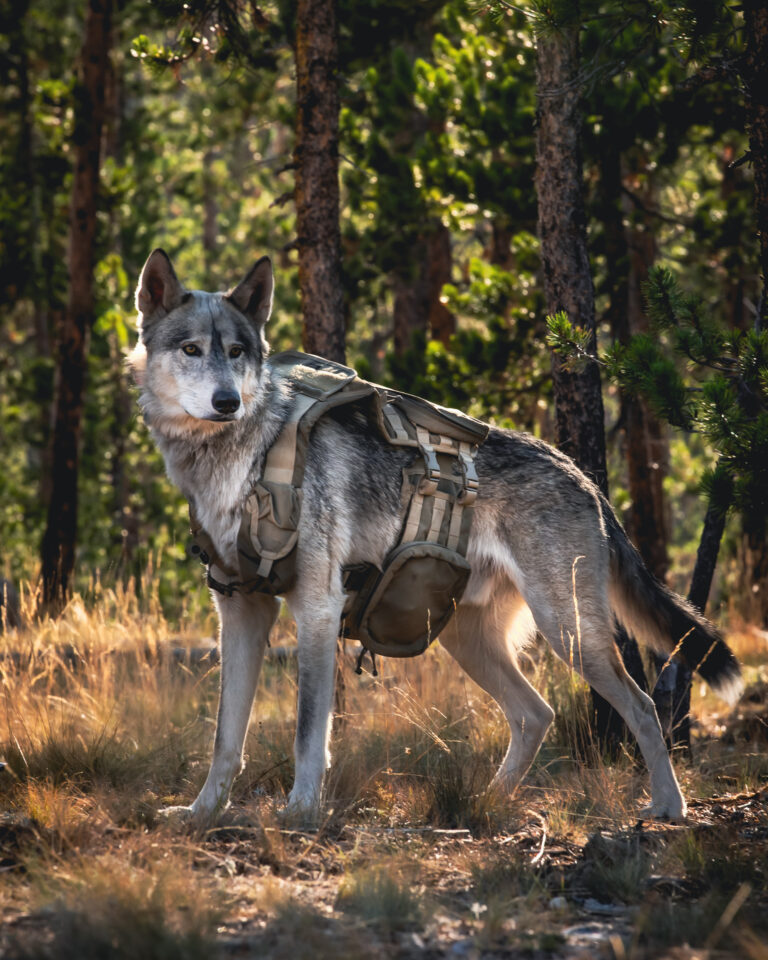
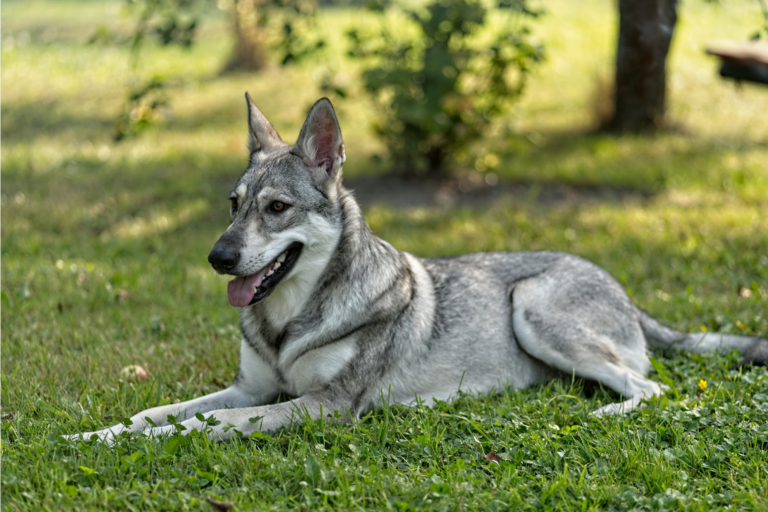
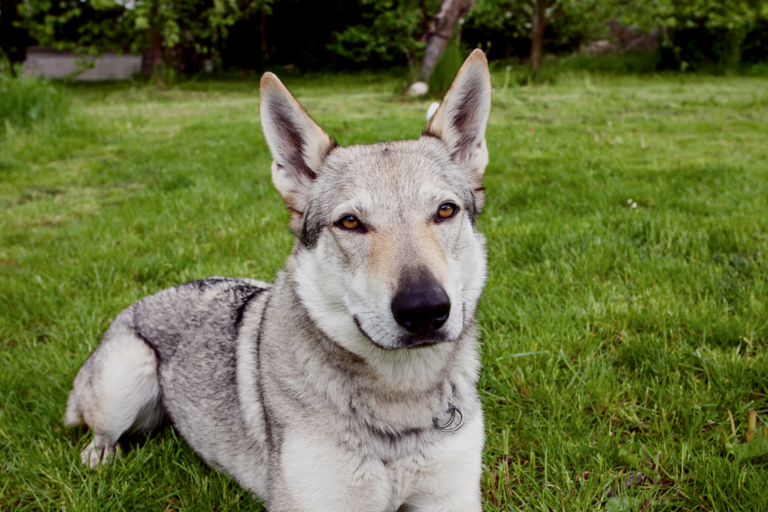
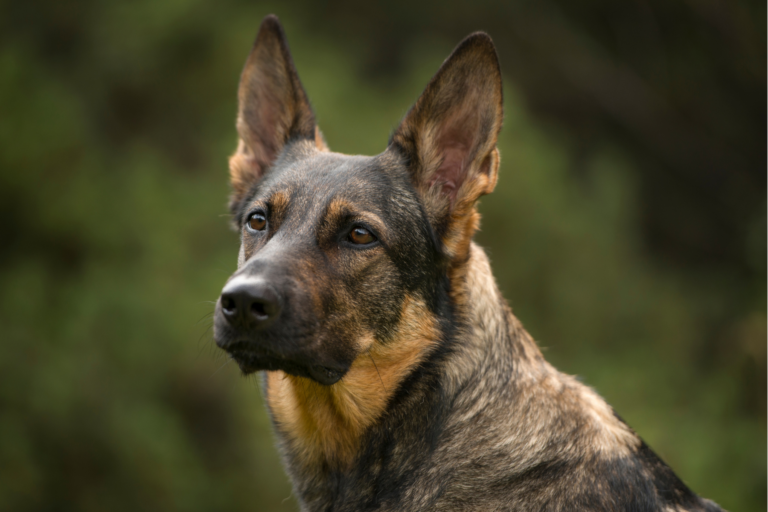
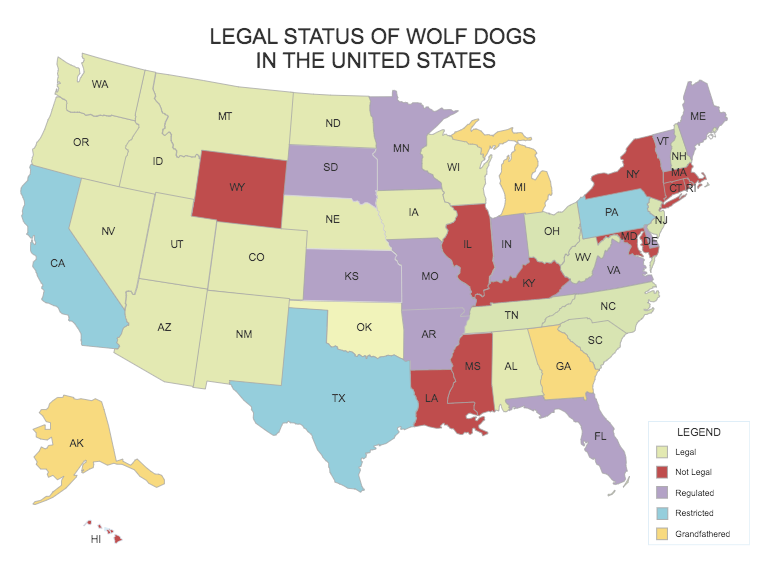
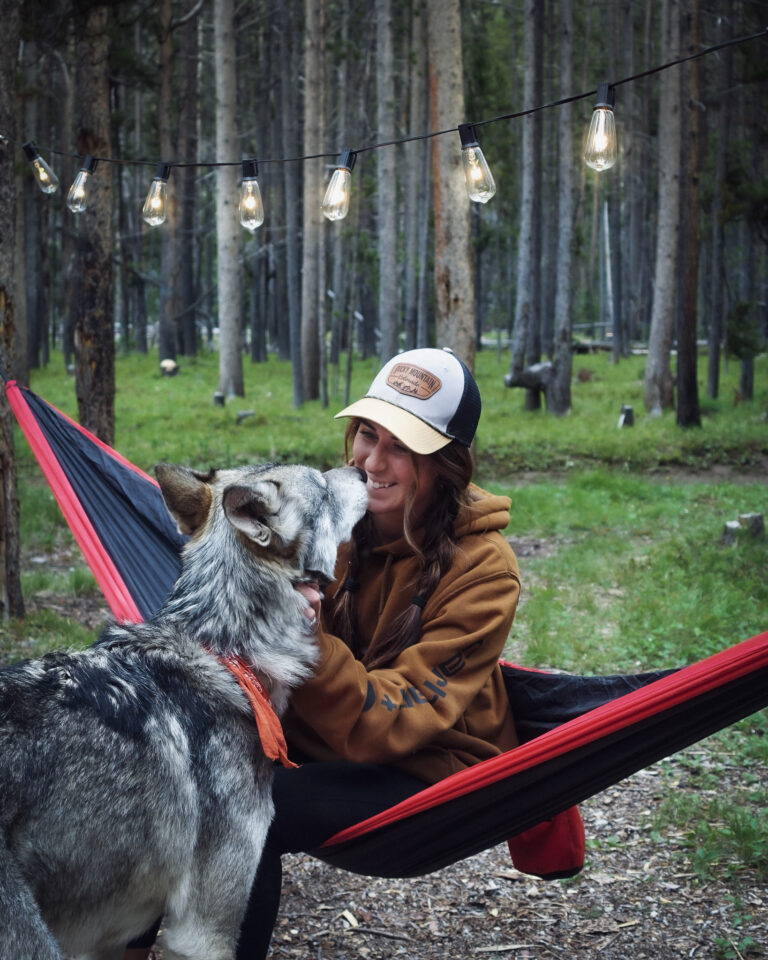
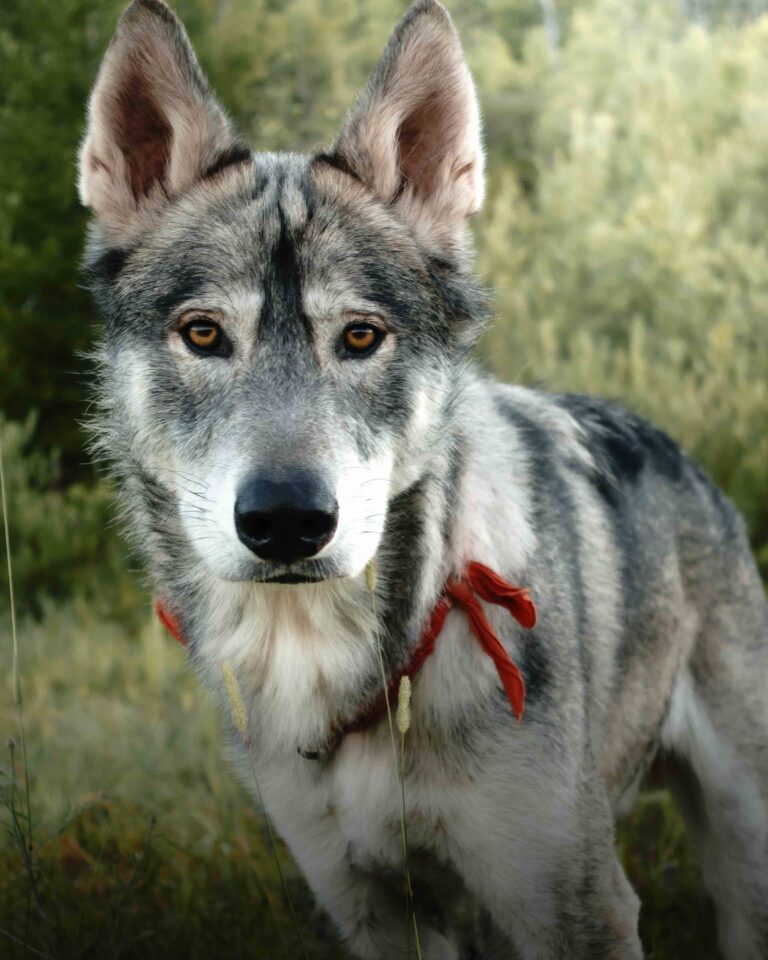
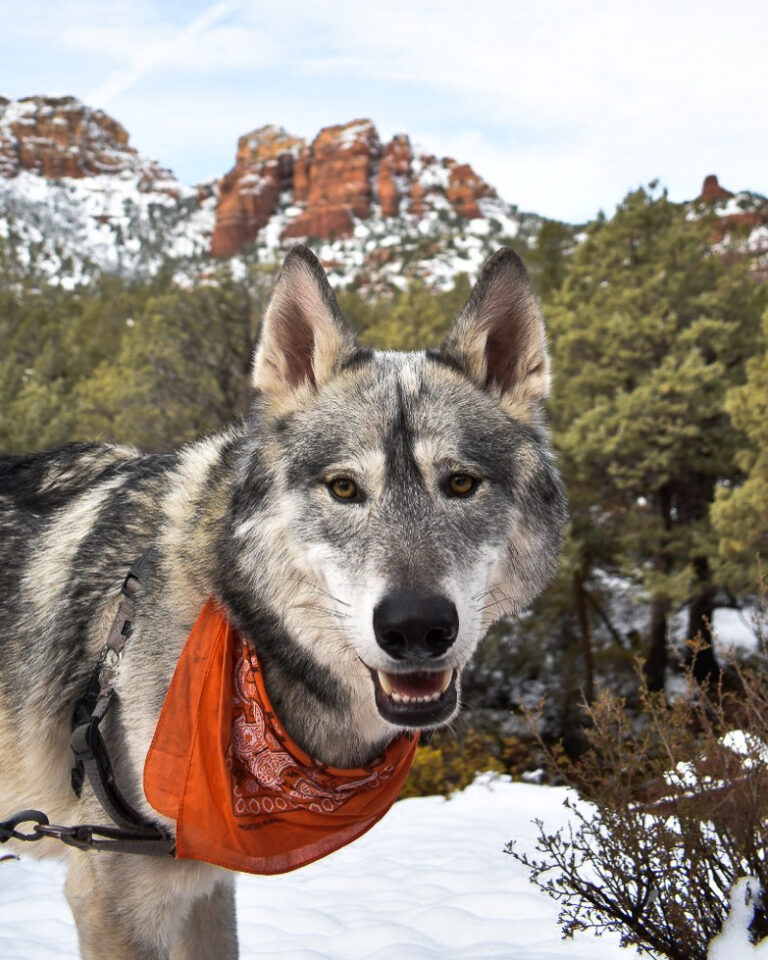
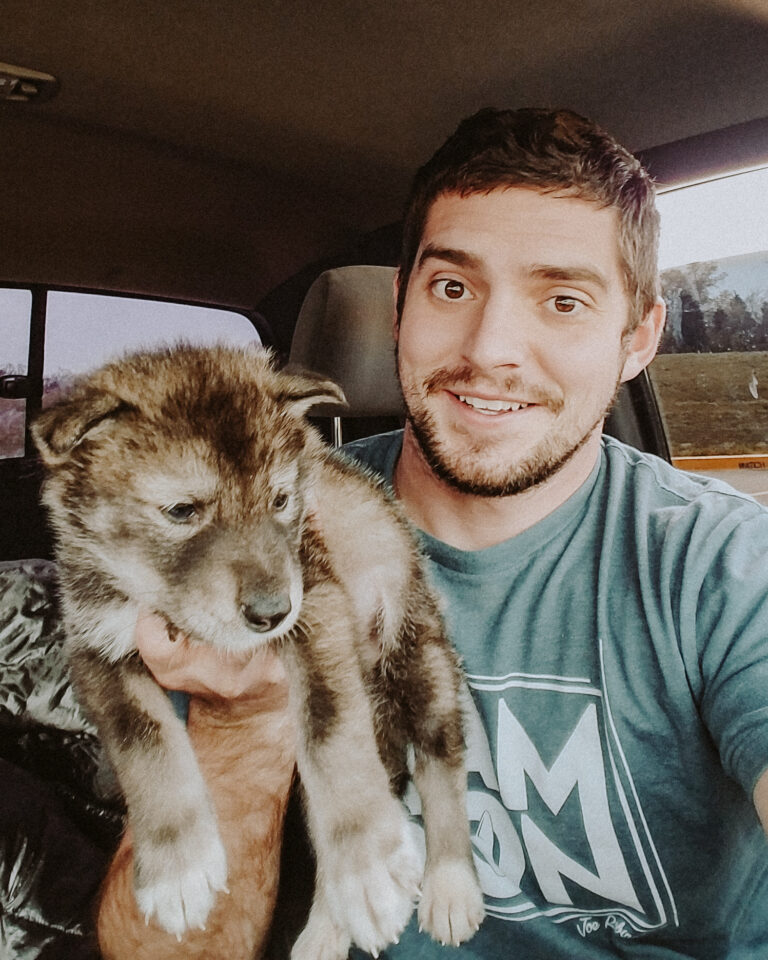
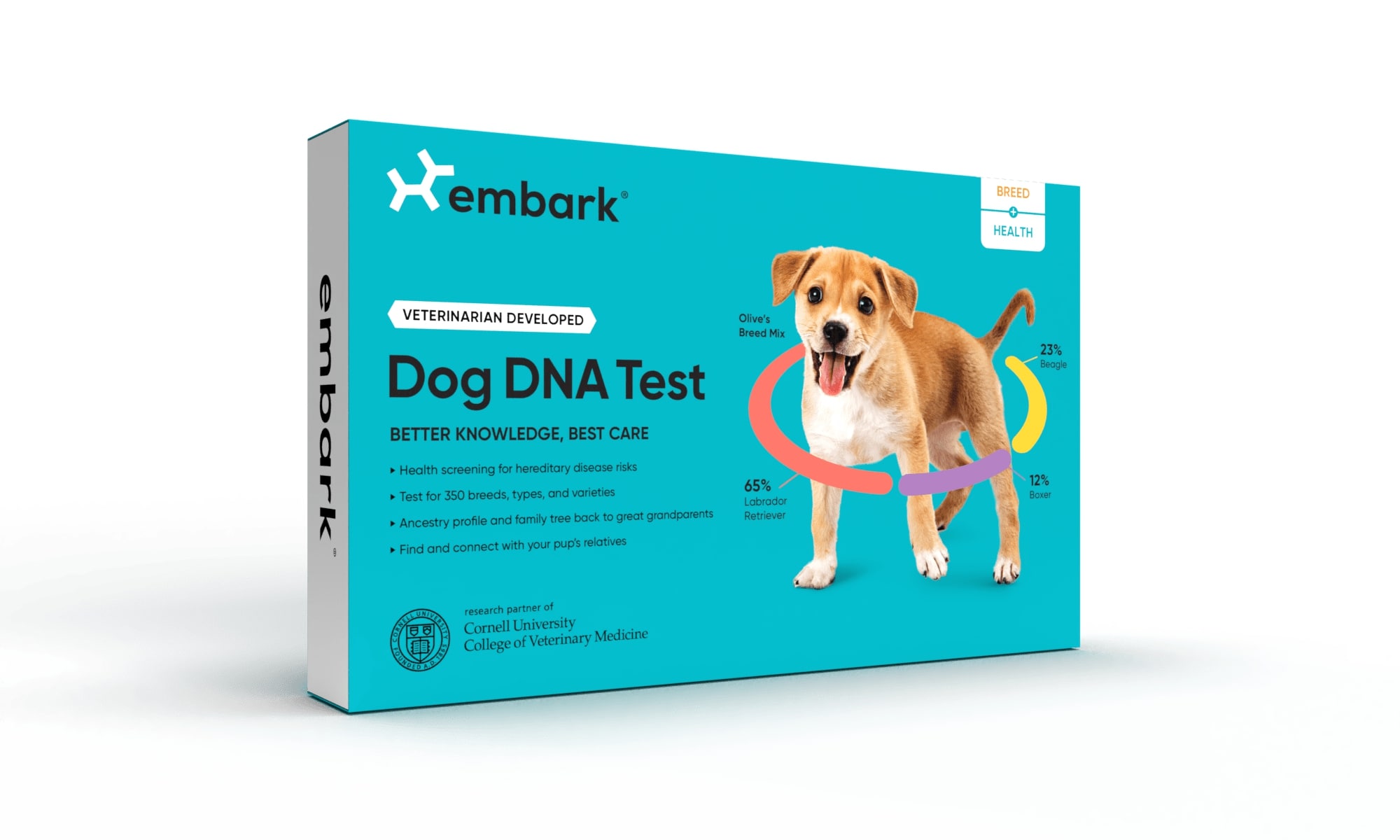
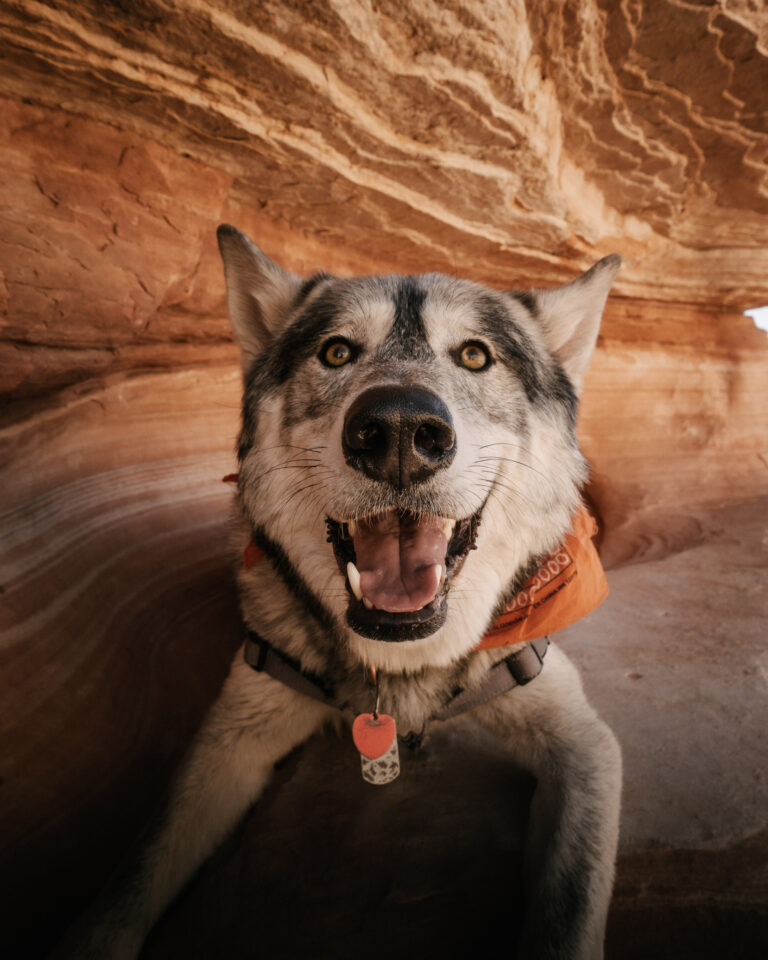
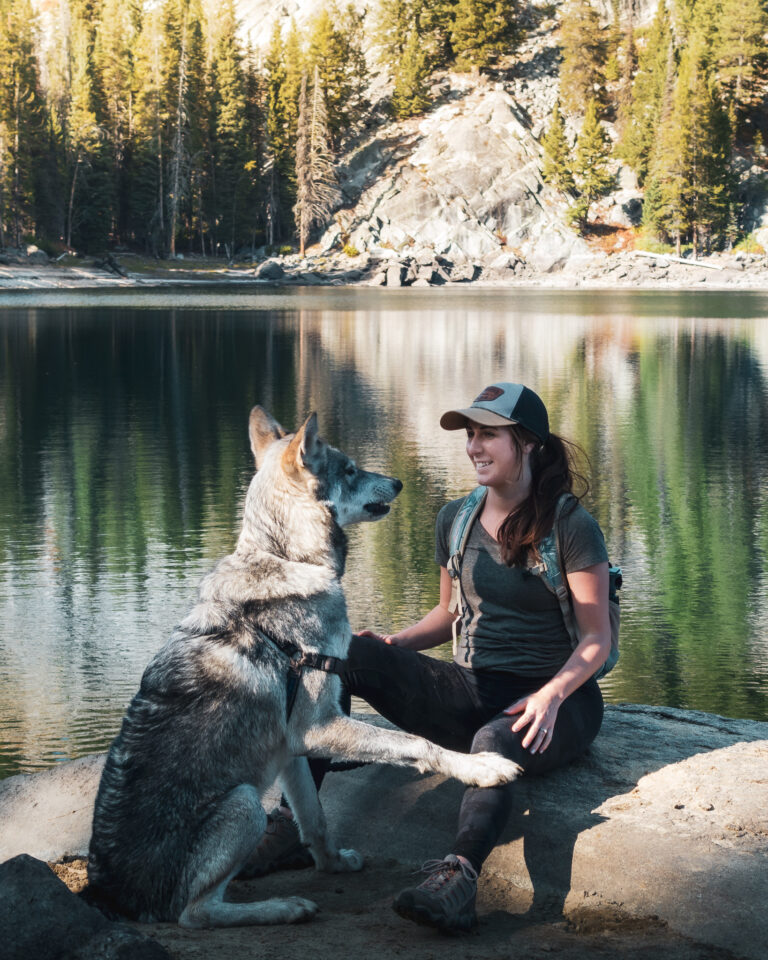
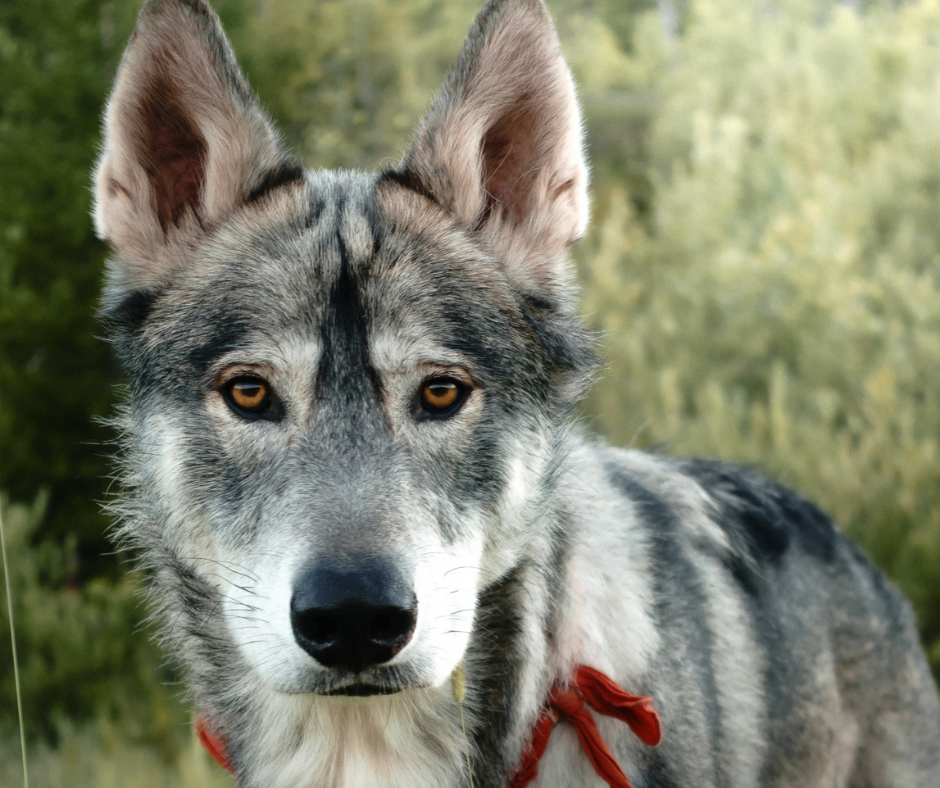
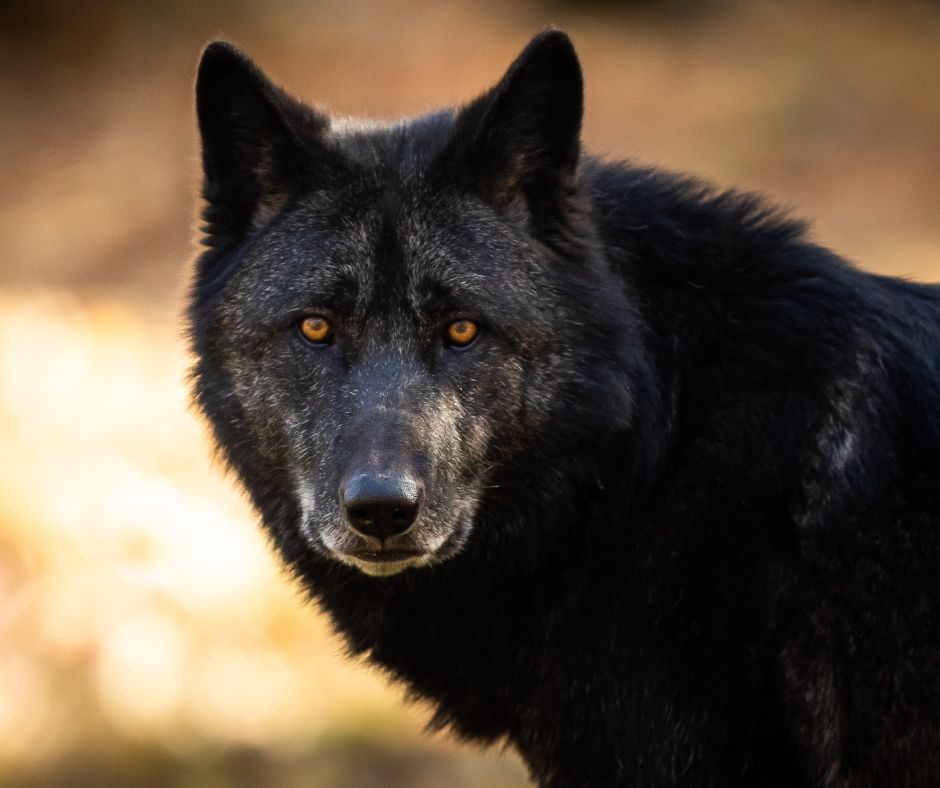
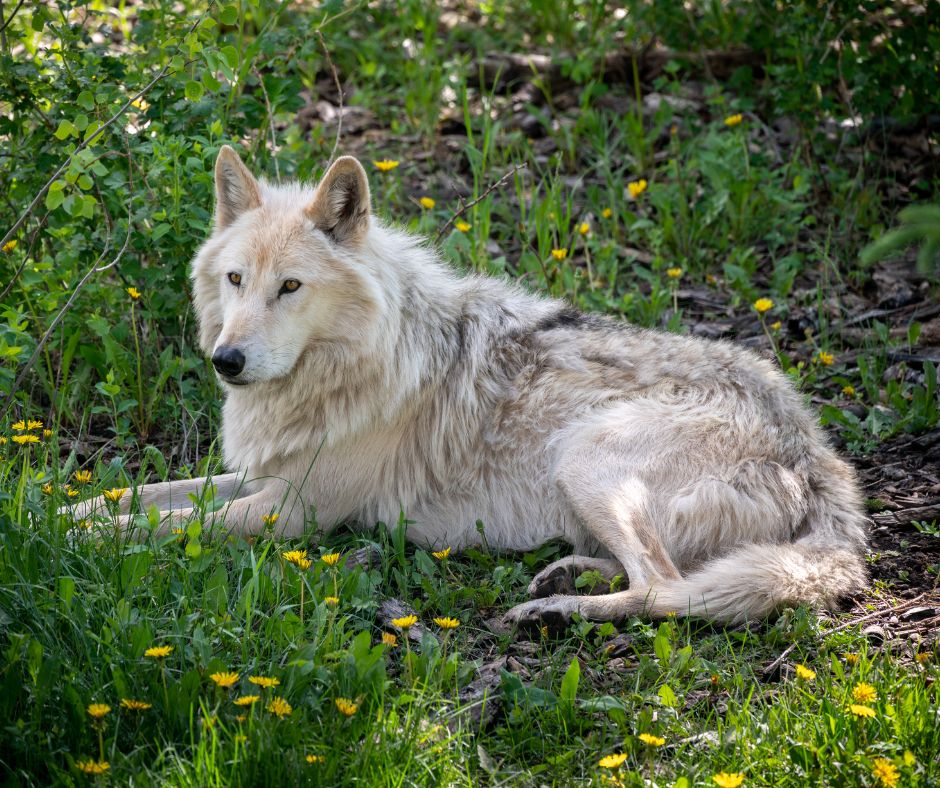
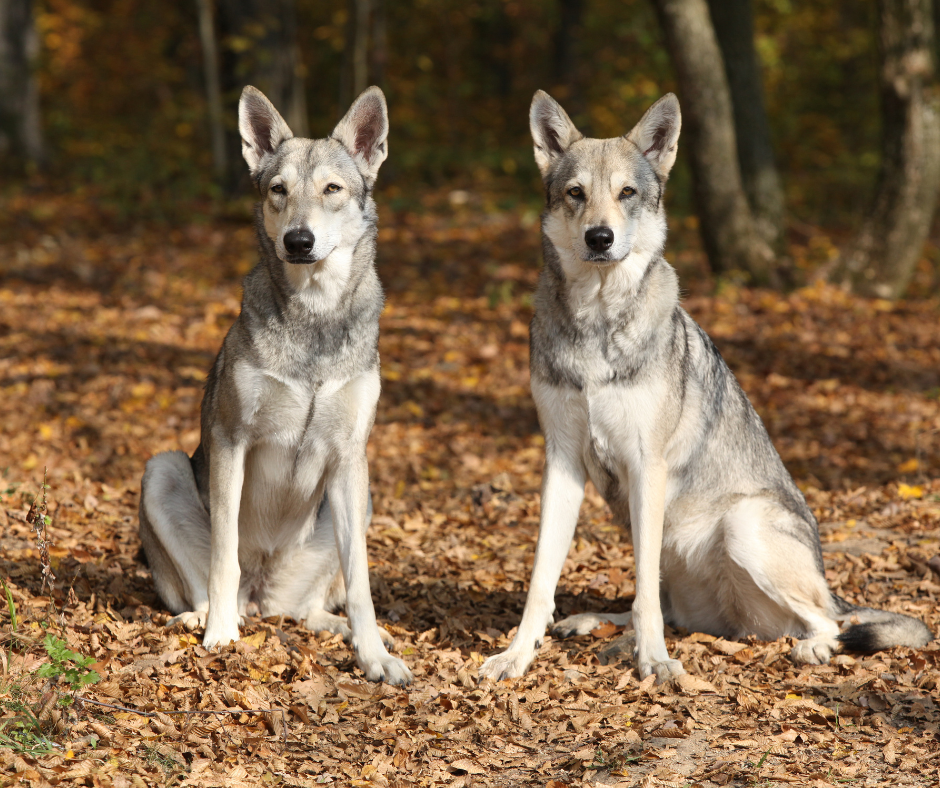
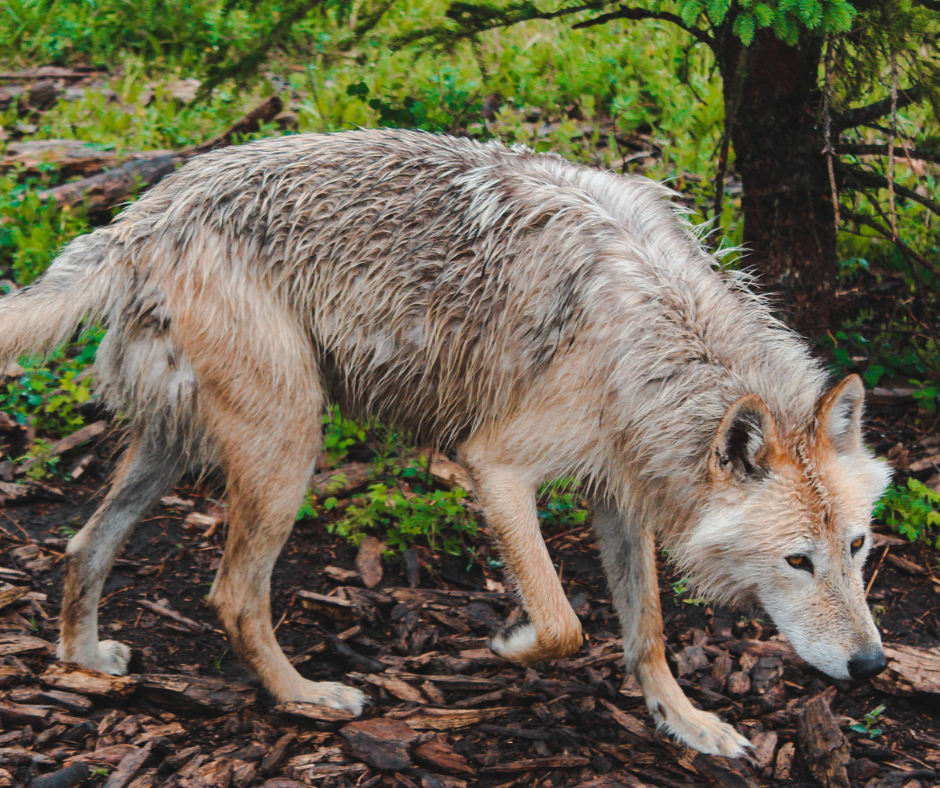
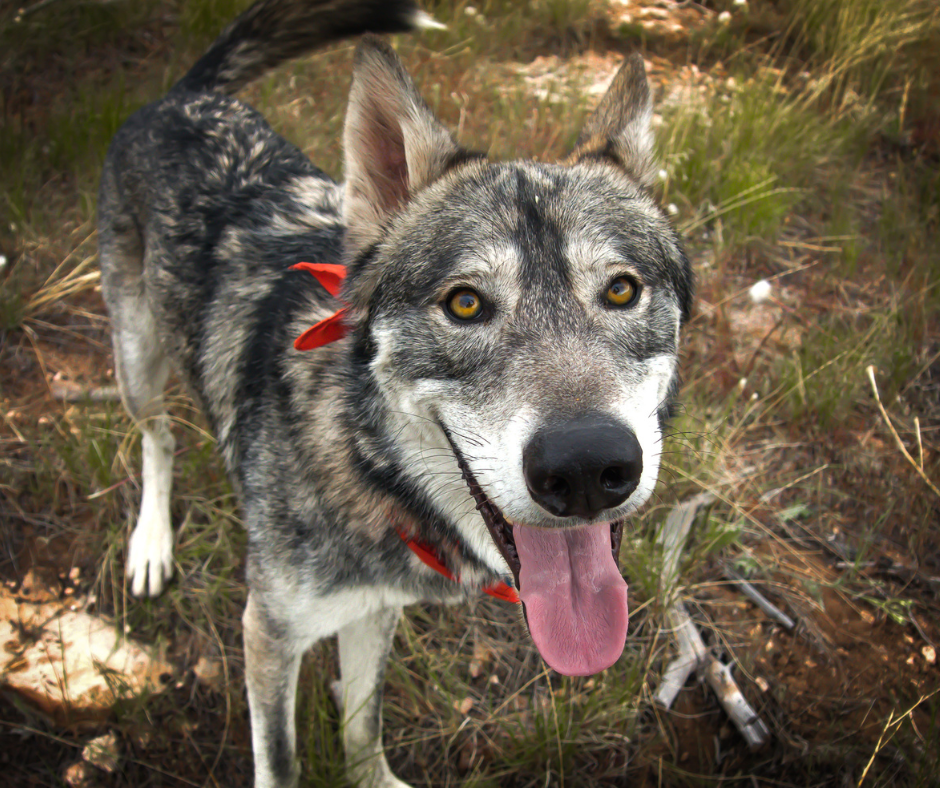
I have a question. As there are states that are legal and states which are not. What does a person do that has a WD and has family that live in a state that WD ownership is illegal? Can you still visit family if your just visiting and reside in a legal state?
Hi Joan! Owning a Wolf Dog can be pretty complicated, right? Since you mentioned your family lives in a state where it’s illegal to have a Wolf Dog, it’s best to know and respect the laws there to avoid any legal hassles during your visit. If you currently live in a state where owning a Wolf Dog is totally fine and you’re planning to visit your family in the restricted state, know that for short visits, most states do allow you to bring Wolf Dogs, as long as you meet certain conditions. During your visit, make sure you’ve got all the necessary paperwork sorted, keep your Wolf Dog well-contained, and follow any leash laws and safety guidelines in the area. It might be best to call the local US Fish and Wildlife service, they may have more info for you.
I have contacted Fish and Wildlife, DEC, AC. A biologist from the DEC that gives out permits told me I do not need a permit I live in a legal state and am only visiting.As long as I had documentation that he is a domestic dog and have his rabies I can visit. Yet people in the WD community are saying no I can’t. Please help me I’m so confused
Hi Joan! Based on what you’ve shared, it’s best to trust the information from the state authorities like Fish and Wildlife and DEC. If they say you don’t need a permit for your wolf dog as long as you have proper documentation and rabies vaccination, you should follow their guidance.
This is valuable information. Thank you!